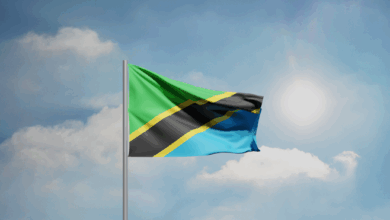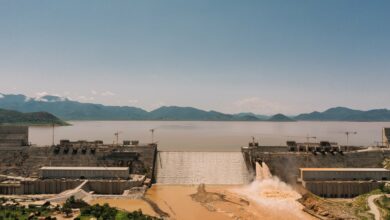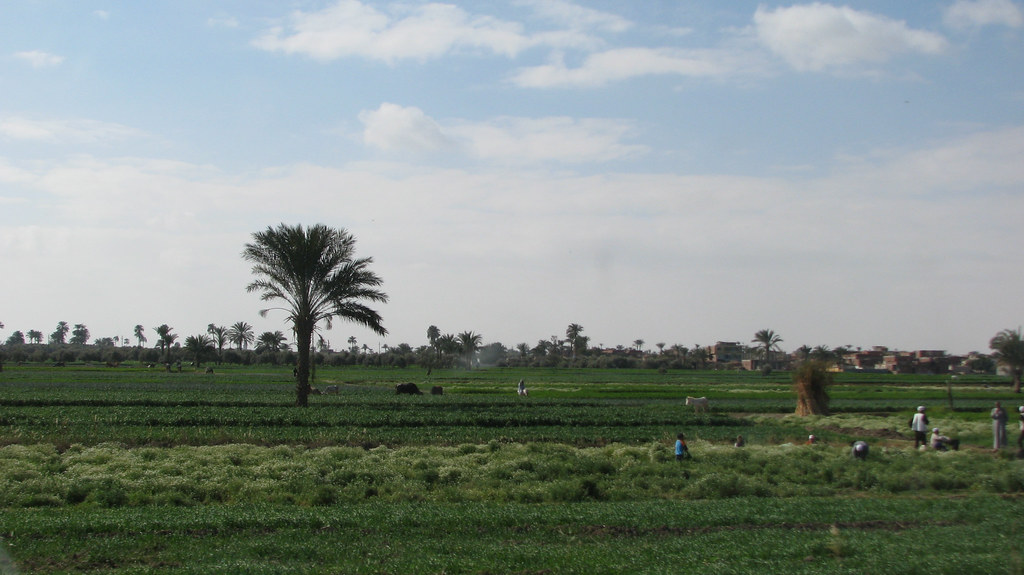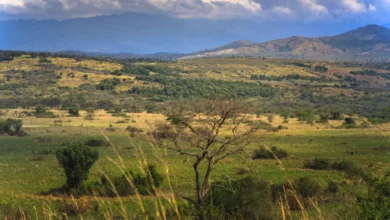Egypt’s revolution would not change Tanzania’s stance on a water-sharing agreement that would strip Egypt of its historical Nile water share, a Tanzanian minister said, according to privately owned Al-Shorouk newspaper.
Mahadhi Maalim, deputy minister of foreign affairs and international cooperation, said upstream countries desperately need to make use of their water resources and not antagonize other countries.
In April 2010, Rwanda, Kenya, Tanzania, Ethiopia and Uganda signed the Entebbe framework agreement, which aimed to redistribute Nile water shares. Burundi joined the agreement in March 2011.
Sudan and Egypt opposed the deal on the basis that it threatens their historical water share granted by a 1959 agreement made with Sudan under British occupation.
Maalim said negotiation is the only and best way to resolve any conflict among the upstream and downstream countries when it comes to Nile water issues.
Tanzania is an upstream country with tropical lakes from which Egypt receives 15 percent of its share of Nile water.
But Maalim said this doesn’t mean that the ratification of the agreement would be delayed. He said he doesn’t see real conflict between upstream and downstream countries, and urged abandoning any agreement made under occupation.
Maalim said Egyptian-Tanzanian relations weren’t affected after Hosni Mubarak’s resignation.
“Egypt’s relationship with Africa doesn’t depend on individuals or leaders, but it’s a relationship between two countries with joint issues that makes cooperation imperative,” he said.
Egypt has the lion’s share of Nile water — 51 billion square meters annually — based on 1959 accord signed with Sudan, which receives 18 billion square meters per year in the deal.
Egypt says both the 1959 agreement, as well as another signed in 1929 with British authorities, stipulate that the approval of all Nile Basin states must be gained before the implementation of any water-utilization projects.




